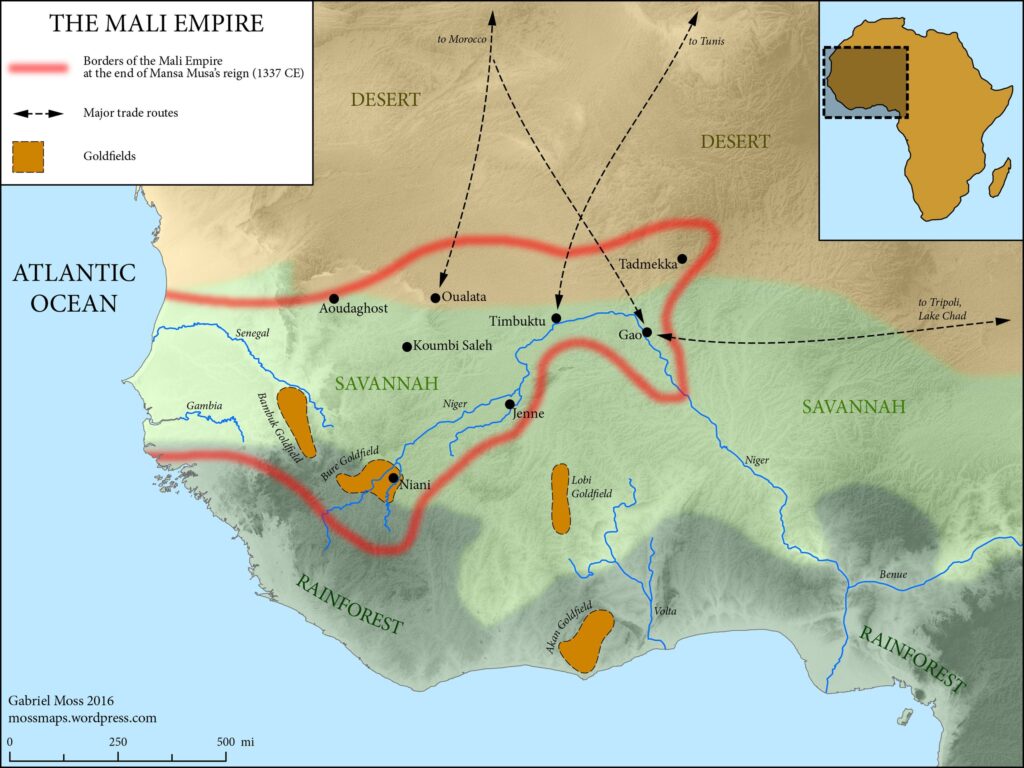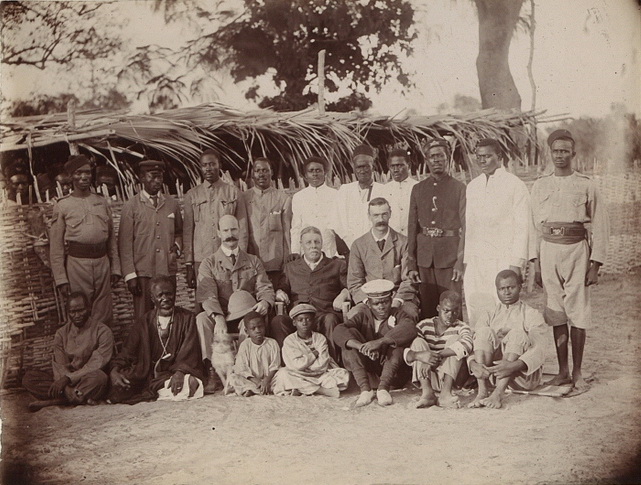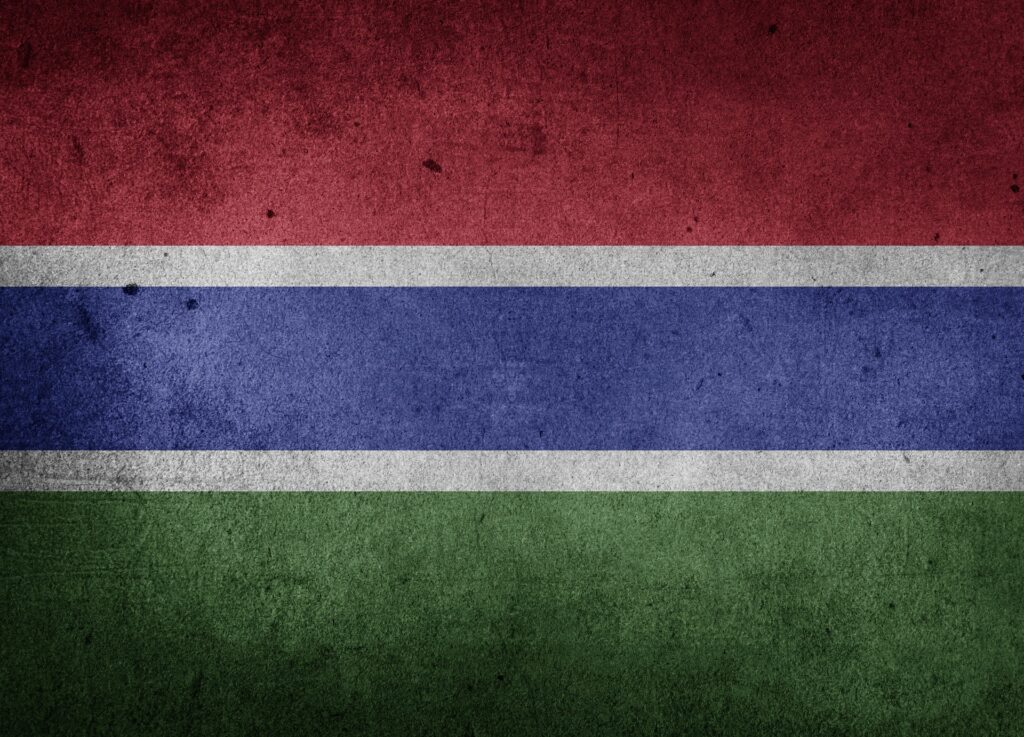February 18, 1965, The Gambia became the 37th sovereign state in Africa. After four centuries of British colonial rule, The Gambia was now an Independent Monarchy within the Commonwealth, flying their striped flag in place of the Union Jack. The Gambia was the last British colony is West Africa to gain independence, but there is more to The Gambia than British rule.
Do You Know Why It’s The Gambia?
Find Out Here!
A Long Journey

The Gambia has a long and rich history. Europeans did not begin exploring the area until the 15th century, but there are mentions from Arab traders since the 9th Century, and by the 14th century, the Gambia River was part of the vast Mali Empire, who dominated trans-Saharan trade. Sadly, it is another trade that the region is more famous for today: the Trans-Atlantic Slave Tade. From Fort James, initially constructed in 1456 to protect valuable trade – gold and ivory as well as slaves – to Fort Bullen built after the Abolition Act of 1807 to suppress the slave trade, the sites of Kunta Kinteh Island are a unique commemoration of African and European contact in the region.
The French (along the Senegal River) and the English (along the Gambia River) and their squabbles dominate the region through the 18th and 19th centuries. From 1894, the British colony is renamed the Gambia Protectorate.
Colonialism
The territory under British rule was divided into two regions, the inland protectorate governed by selected chiefs and traditional laws, and the colony centered around Banjul (then called Bathurst) ruled by English law. This era saw the transformation of local agriculture from food products to cash-crops such as groundnuts and a decline of traditional industry in favor of European imports, a trend that continues to echo in The Gambia today. In fact, Colonial rule forcibly changed a great deal about traditional Gambian life.

Before colonial rule, women played significant roles in politics, the economy, and society. For example, the linger (king’s mother) held immense power in the Wollof tribe…. Women were also central to the economy as traders and cultivators, ensuring food security for the nation. Culturally, thy preserved traditions through songs, dance, and the upbringing of children.
However, colonial rule disrupted this dynamic. Women’s 9nfluence diminished as traditional rulers were removed. [….] Such anti-cultural legislation not only suppressed traditional expressions but also diminished the roles of both men and women in preserving Gambian heritage.
– Yunus S. Saliu, writing for The Voice Gambia
The conclusion of WWII saw a trend throughout Africa for independence from European rule, and no different in The Gambia. And while many British expected them to merge with the larger Senegal, Gambians determine to stand on its own.
Independence
February 18 is the Gambian Independence Day – but that date in 1965 was only the first step to freedom for The Gambia. As a constitutional monarchy within the Commonwealth, The Gambia still recognized Elizabeth II as Queen. This situation endured a further five years. On April 24, 1970 the constitutional monarchy became a Republic – still within the Commonwealth.
In fact, The Gambia did not leave the Commonwealth until 2 October, 2013. Sadly, this was not a crowning event in a Gambian golden. The 22-year dictatorship of Yahya Jammeh, which began in a military coup in 1994, did not come to an end until the 2016 general elections.

In 2017 the current and 3rd President of The Gambia Adama Barrow took office, and today Africa’s smallest country is on the road to peace and development. While a long road stretches ahead, independence from colonialism and dictatorship is cause for hope for The Gambia, the Smiling Coast of Africa.
The colours of our National Flag reminds us of the need to protect the environment, our great River Gambia and other resources, the stanzas of our National Anthem are a harangue for work, work, and work, and for honesty and accountability, for continued prosperity. The future is bright.
– Hassoum Ceesay, ORG, writing for The Point
Resources:
Happy 60th Independence Anniversary The Gambia | Gambiana
Adama Barrow’ Legacy as Gambia Celebrates 60 Years of Independence | weafrica24
From Dictatorship to Democracy: Lessons from The Gambia | Institute of Development Studies
History of The Gambia | History World
The Gambia Country Profile | BBC News
